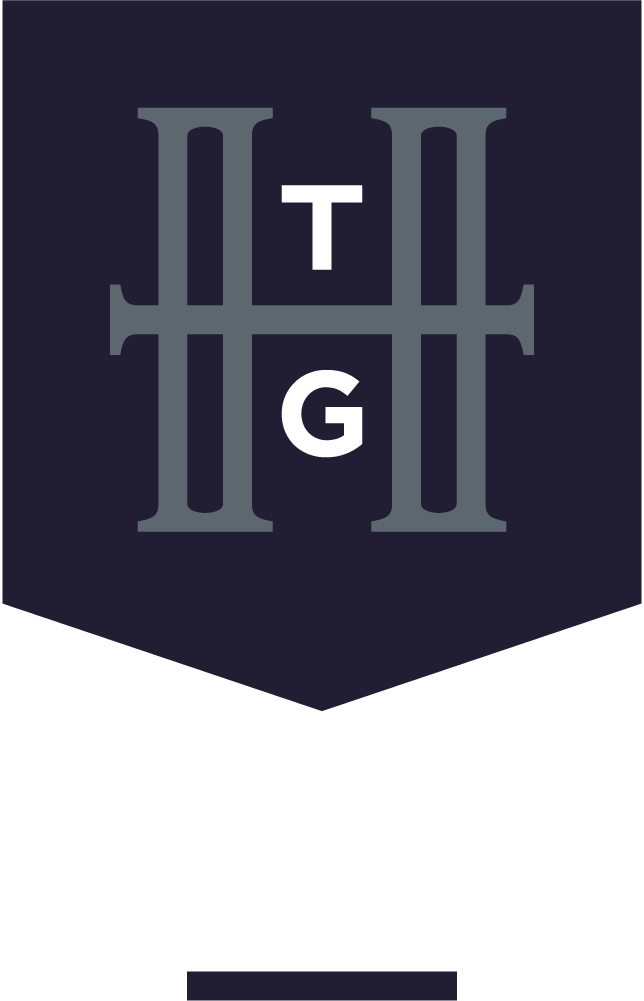Freedom

Freedom is the title of Jonathan Franzen's newest book, released nine years following The Corrections. I read The Corrections long ago, and I picked up Freedom after I saw Franzen's photograph on the front cover of Time a few weeks ago.
Not many novelists appear on the front cover of one of the three major news magazines. The comparison, apparently, is of Franzen to John Steinbeck.
To me, East of Eden was indeed an epic novel, chronicling the story of what possesses a man to leave home, travel 3000 miles (a not-so-easy task in the pre-automobile setting), and settle far from family. East of Eden, for some odd reason, reminds me of just how bad it must have been in Europe for my long-ago ancestors to uproot everything they knew, board a ship, and travel thousands of risky miles to try to find a home on a long-unknown continent. The epic ends with the refrain "Thou Mayest." And yes, you may. There are a lot of things that you, in fact, may do or be or love. In a word, freedom.
Franzen chooses a different epic route in both The Corrections and Freedom. In Freedom, he chooses to lift up for inspection the emotional travel of the modern heart, mind, and soul. It is an introspective journey of some depth and length. Although it's not clear at all why, life is just hard for everyone. And for the one who seems to be able to navigate it best, the other shoe then drops on her. Half of Freedom's characters take antidepressants because, as the book seems to suggest, they need help to cope with the complexity of the world and their own introspection and dissatisfaction. Meanwhile, Richard copes with drugs, alchohol, sex, and overt anger at everything; while Walter desperately tries to be good until finally he can't take it any longer and anger takes control. Only Lalitha seems to be able to navigate the course well, and on her the other shoe then drops.
To these characters -- and I think this may fairly capture real life, too -- it's nearly impossible to sort out their feelings in the moment until the point later in life at which they reflect and see that "Mistakes Were Made." Perhaps we are all "Monday Morning Quarterbacks" of teams that actually played on Sunday.
My sister-in-law, Lindsay, posted a quote on Facebook last week that made me think as I neared the end of Freedom. It's a quote she pulled from pbs.org by Joni Eareckson Tada, a quadriplegic for the past 40 years:
"We want to erase suffering out of the dictionary. We want to eradicate it, avoid it, give it ibuprofen, institutionalize is, divorce it, surgically exorcise it, do anything but live with it."
Yes, indeed, mistakes are made. Yes, indeed, some of life is hard. And when some of life is hard, it feels like all of life is hard. But "thou mayest." I may. I may choose to try to erase it, eradicate it, avoid it, medicate it, or divorce it. Or I may choose otherwise. There is freedom. The choices -- not always clear -- are nevertheless there.
Francis of Assisi's words from 1225 AD capture one of the options:
"All ye men of tender heart,
Forgiving others, Take your part,
Sing ye, Alleluia
"Ye who long in pain and sorrow bear,
Praise God, and on Him cast your care
"O praise Him, O praise Him
"Alleluia"

